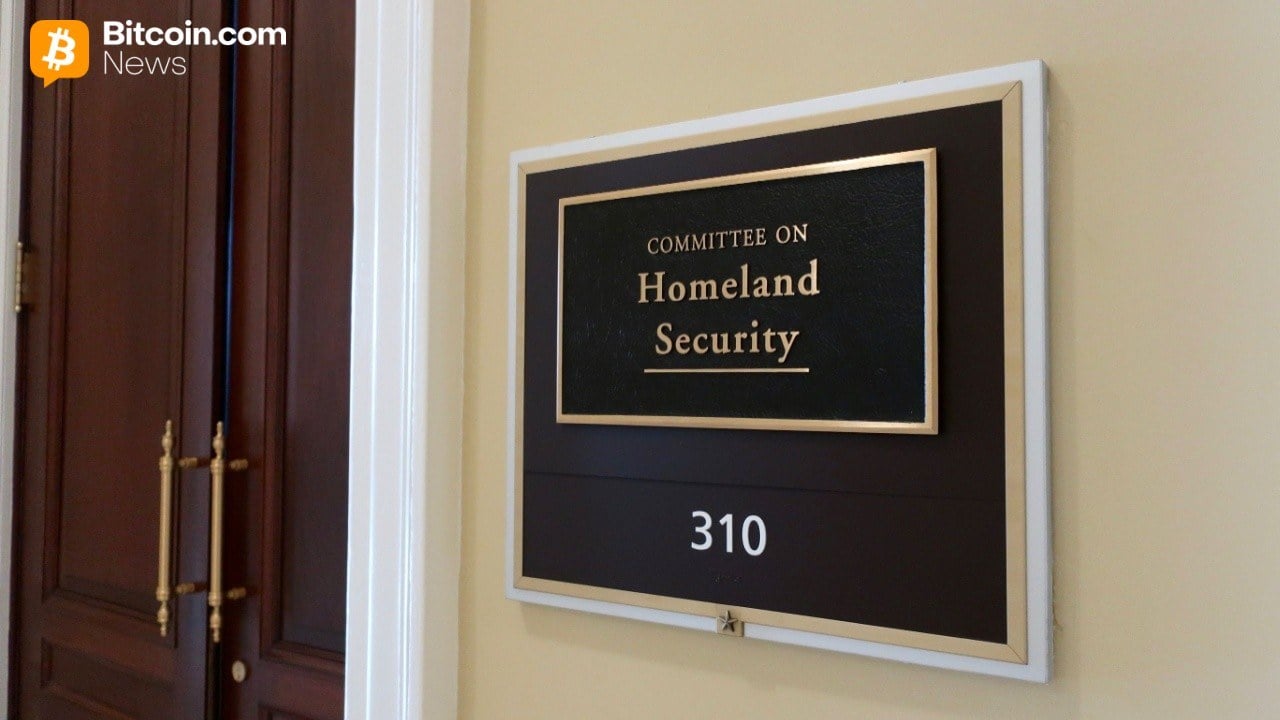BlackRock’s global head of digital assets, Robbie Mitchnick, believes the institutional adoption of crypto exchange-traded funds is still in its early stages.
During a Sept. 25 interview with the Crypto Prime podcast, Mitchnick stated that institutional penetration lags significantly behind retail adoption, despite the success of products such as BlackRock’s Bitcoin (IBIT) and Ethereum (ETHA) ETFs.
He added:
“The vast majority of advisors in the US today still do not have the ability to make decisions on this on behalf of their clients.”
Mitchnick said that most wealth management firms approved crypto ETFs for execution-only transactions, requiring clients to initiate purchases themselves rather than advisors making portfolio allocation decisions.
Only a few leading-edge firms have crossed this threshold, with BlackRock’s model portfolio teams adding IBIT allocations for the first time in early 2025.
New crypto ETFs unconfirmed
Mitchnick also discussed the framework applied by BlackRock to decide on the launch of new crypto ETFs. Client demand is the primary driver, with the asset manager assessing the level of demand, the logic of the investment, and the problems the product solves.
The next step is evaluating liquidity and maturity, culminating in BlackRock having clarity on its investment thesis and overall product and portfolio considerations.
When questioned about potential ETFs tracking Solana and XRP, Mitchnick completely deflected and wouldn’t comment on the matter.
Staking limitations hamper Ethereum products
Ethereum ETF demand faces constraints due to the inability to offer staking rewards, which typically provide annual yields of 3% to 4%. Mitchnick said that it had some impact on demand for these products.
The staking integration involves complex tax and liquidity considerations within the grantor trust structure used by crypto ETPs. Staked Ethereum requires an unbonding period before it becomes freely tradable, which conflicts with ETF liquidity requirements.
As a result, Mitchnick said that Bitcoin attracts broader institutional interest due to clearer positioning as “digital gold,” acting as a portfolio diversifier similar to traditional gold allocations.
Meanwhile, Ethereum requires more nuanced discussions as a technology bet on blockchain adoption, resembling tech equities or venture capital investments.
Tokenization and stablecoin outlook
BlackRock sees limited tokenization opportunities beyond money market funds, where the technology creates clear utility by enabling 24/7 liquidity while maintaining full yield access.
Mitchnick noted:
“A lot of projects in the early years have gone wayward because they merely relied on that high-level value prop.”
Lastly, he said that the firm remains bullish on stablecoins expanding beyond their current use in crypto trading to include cross-border payments and financial market settlement.
Mentioned in this article




























